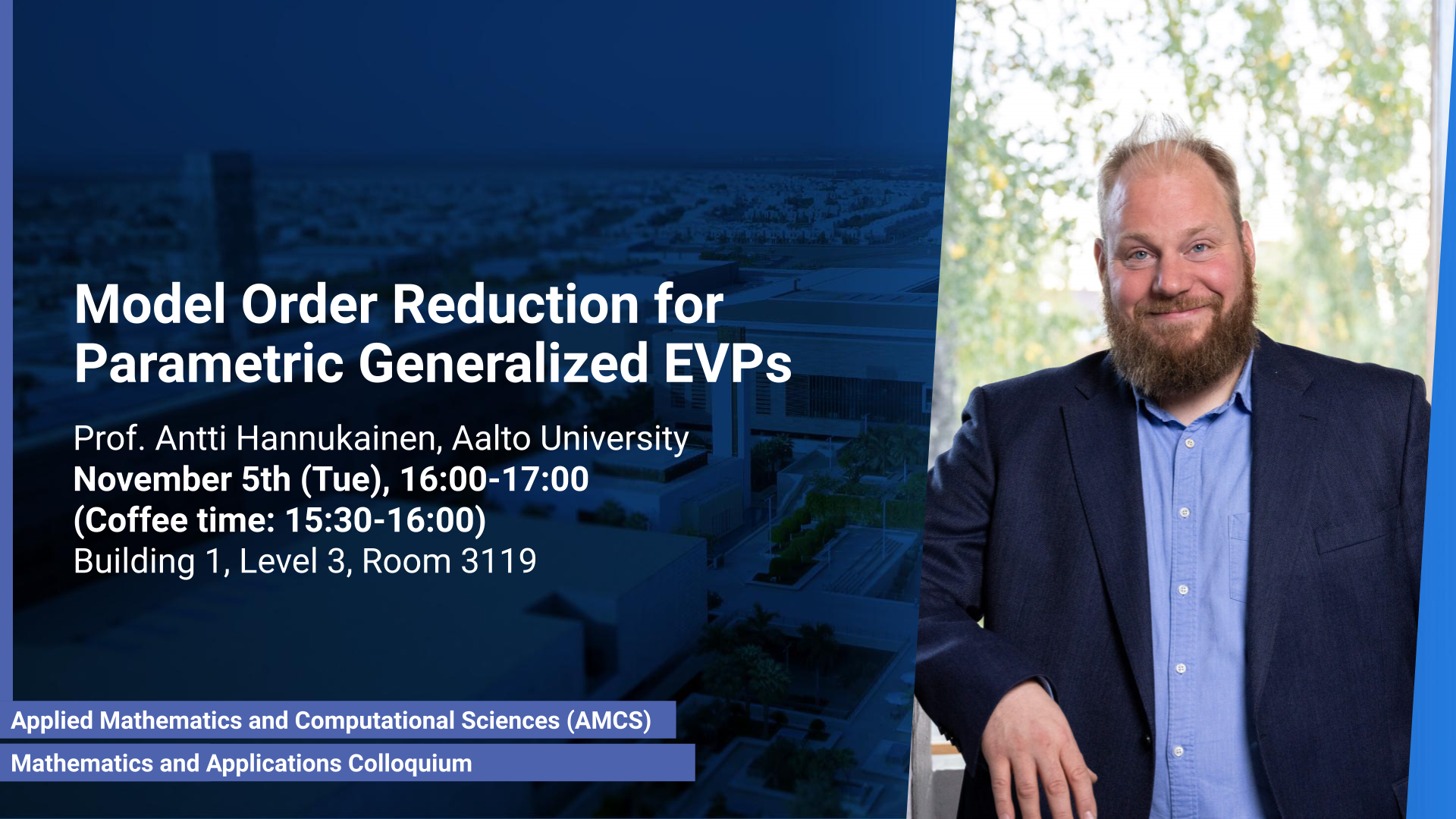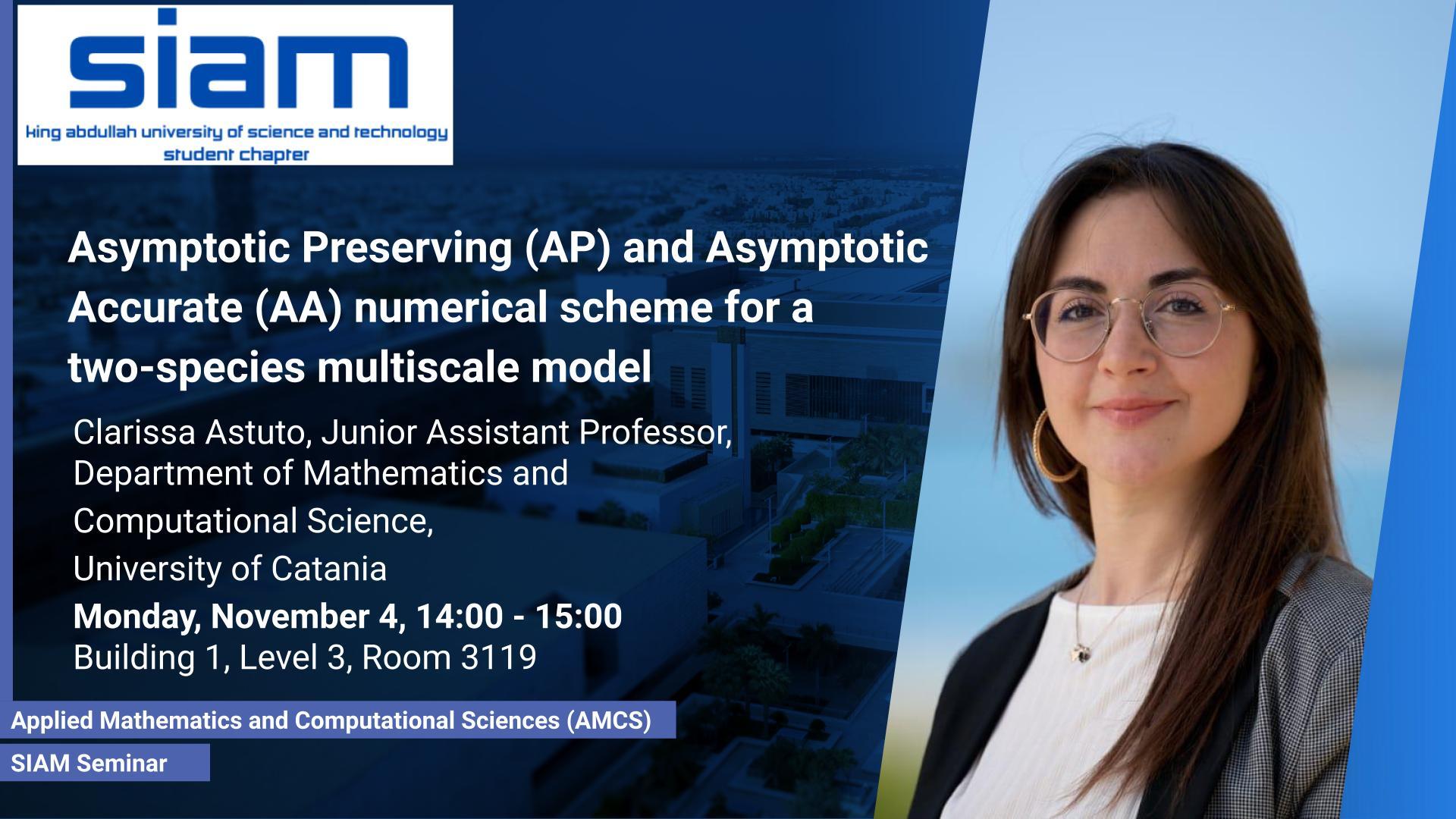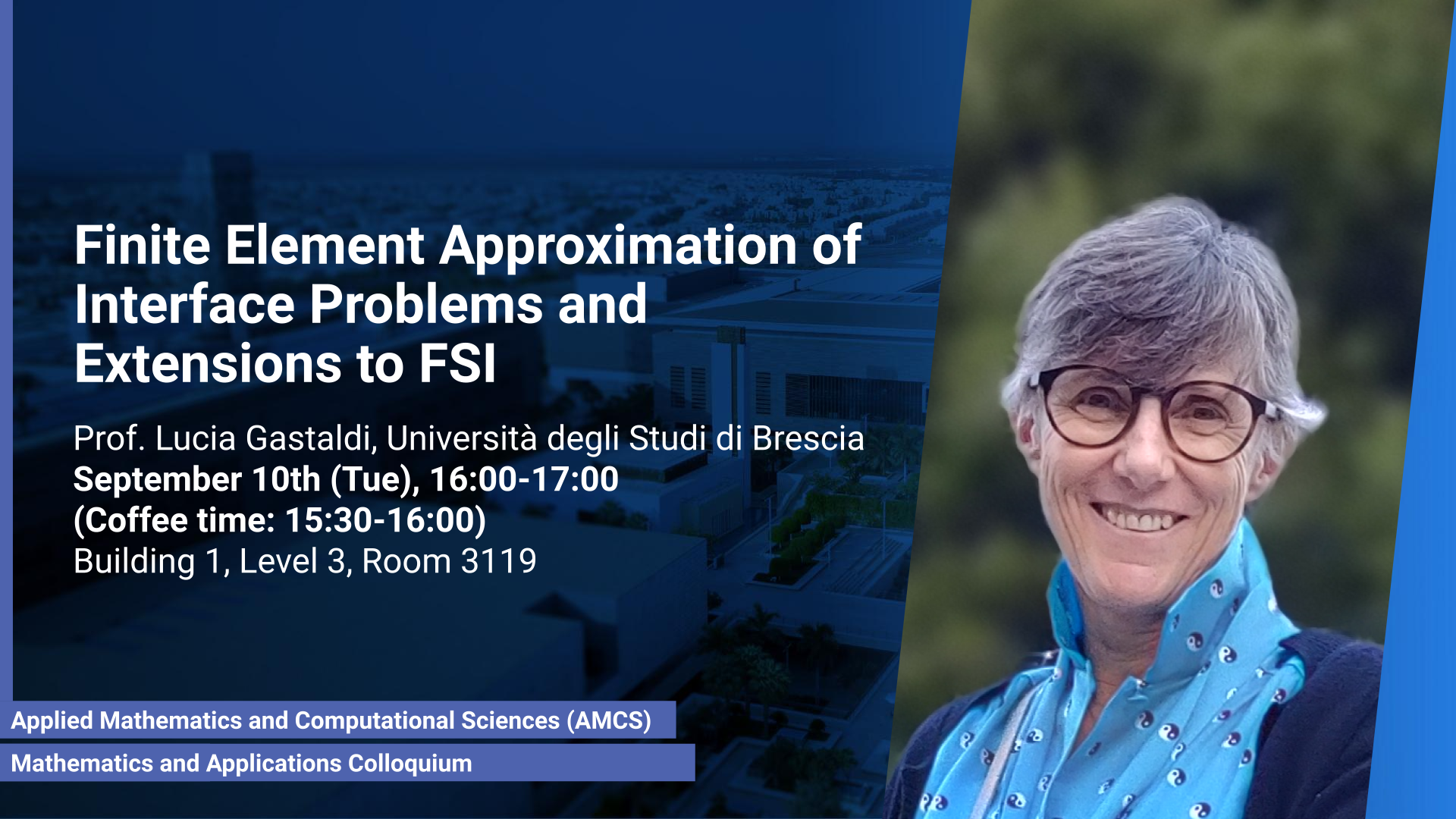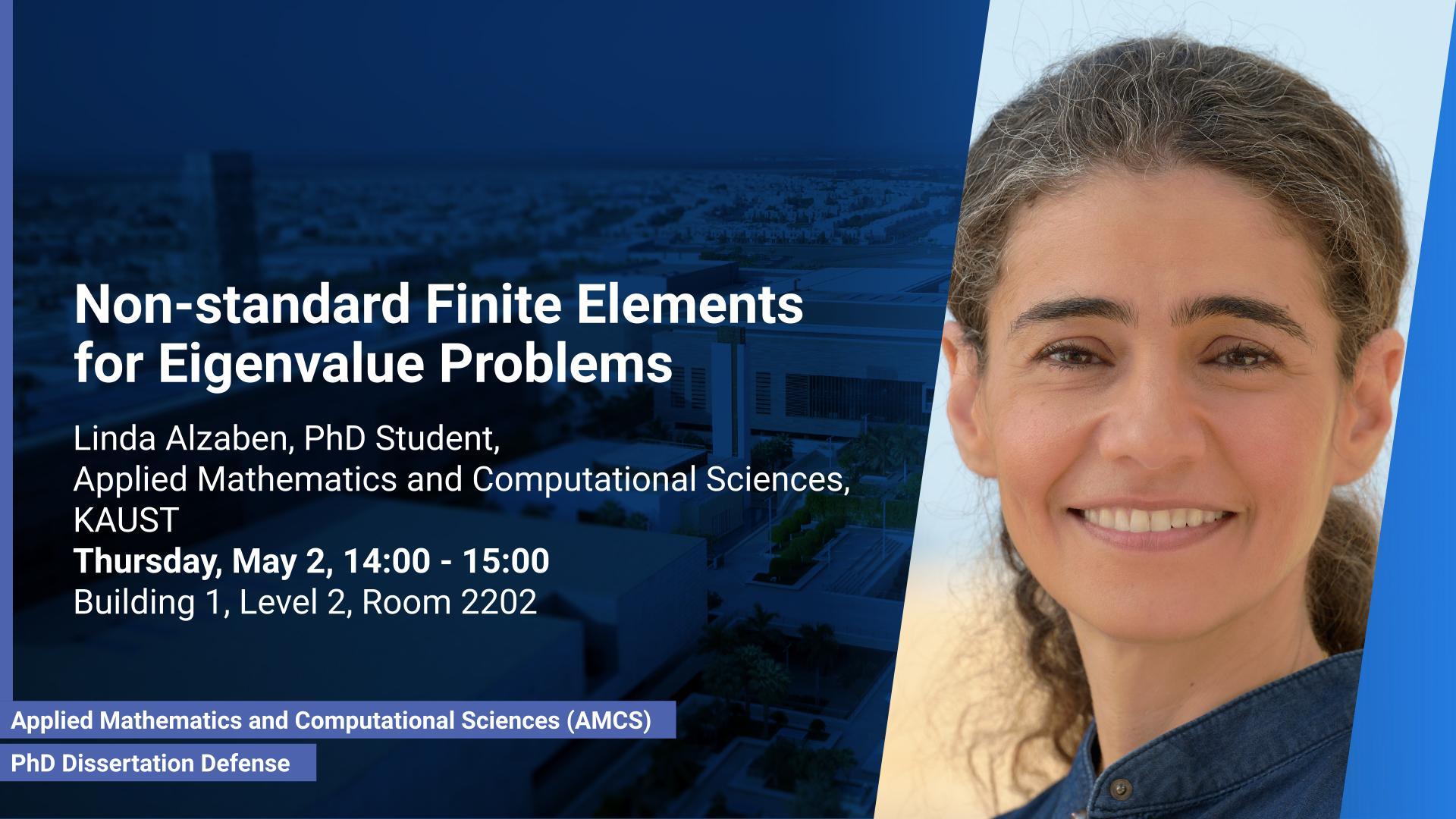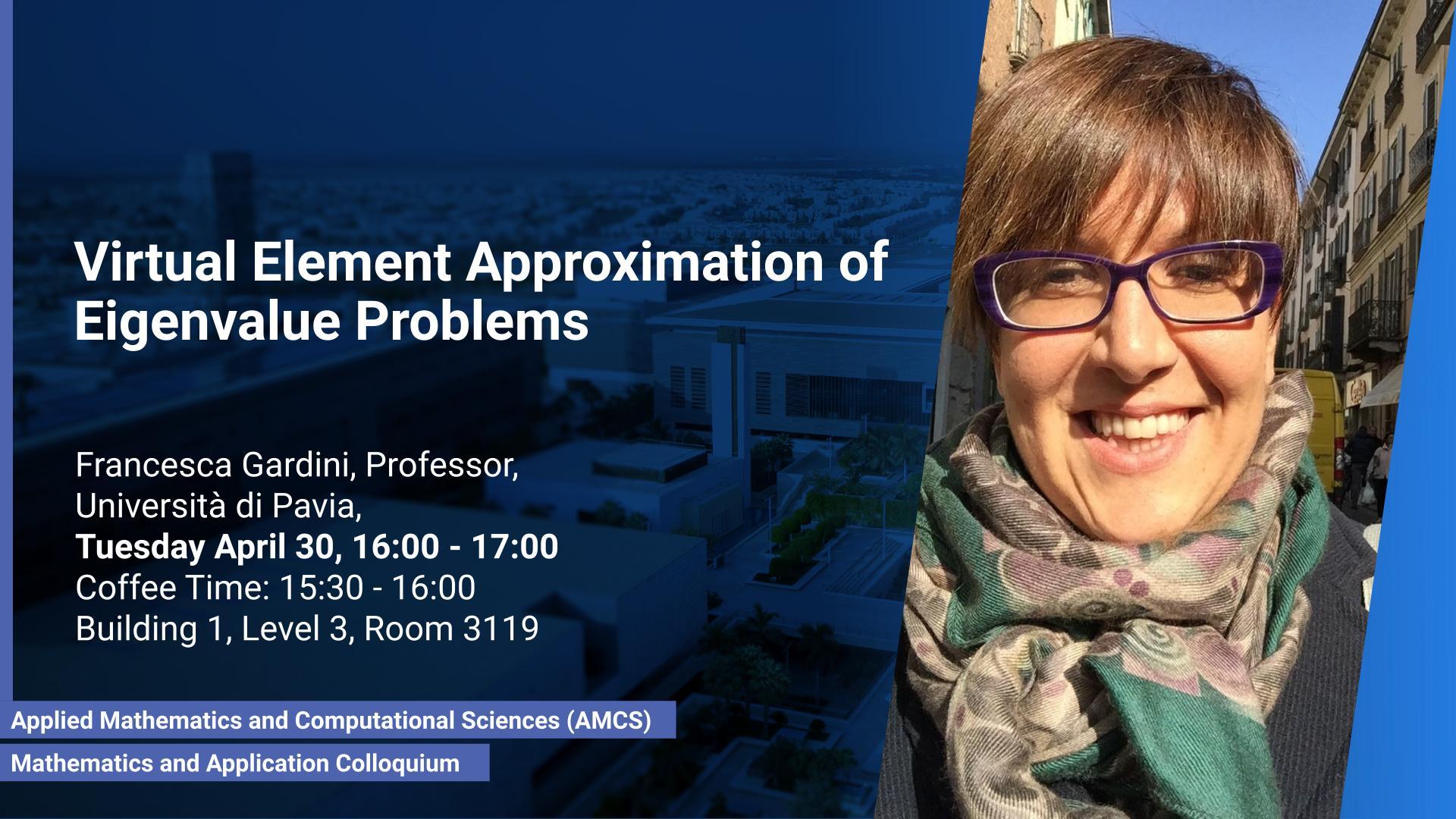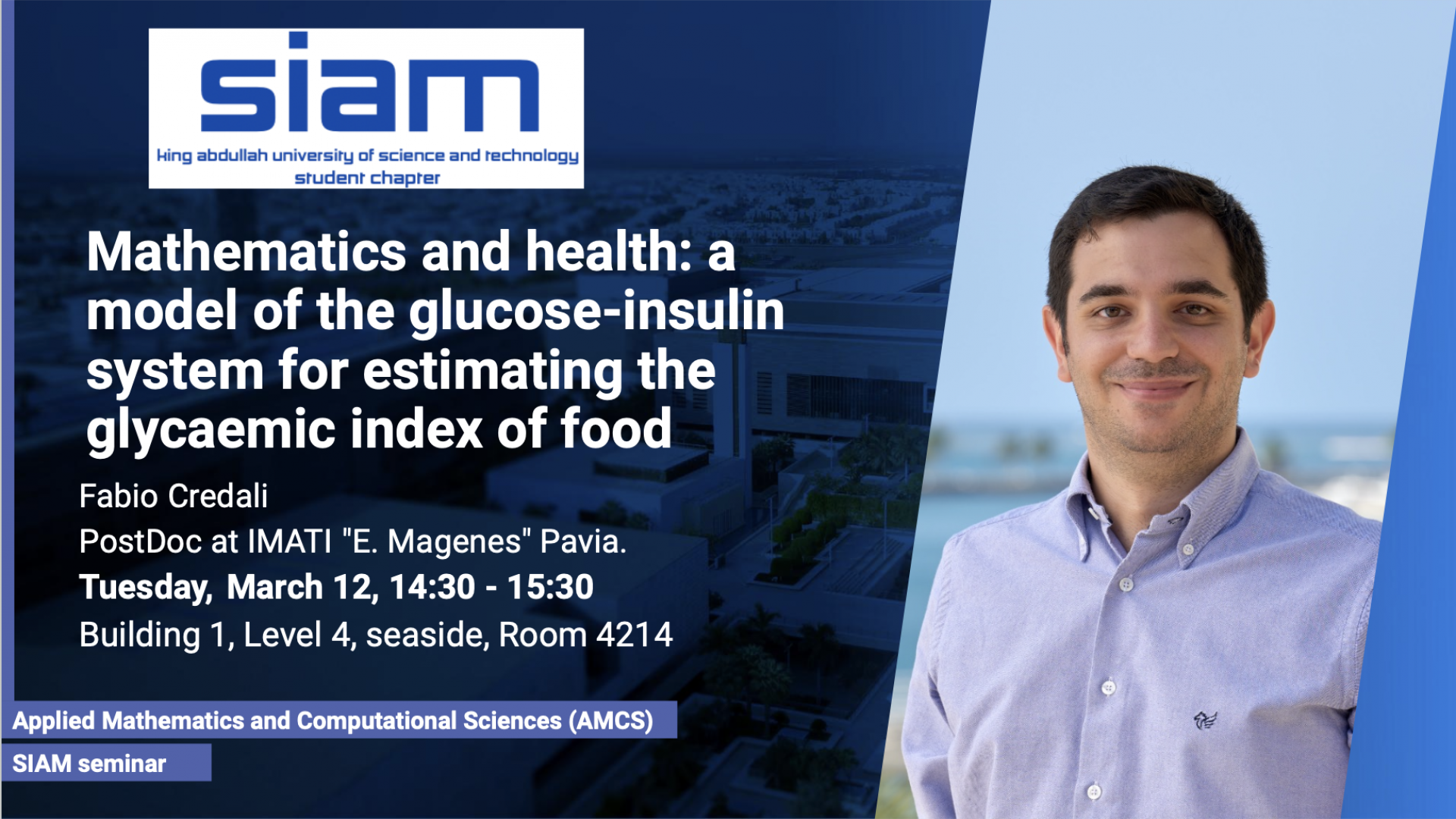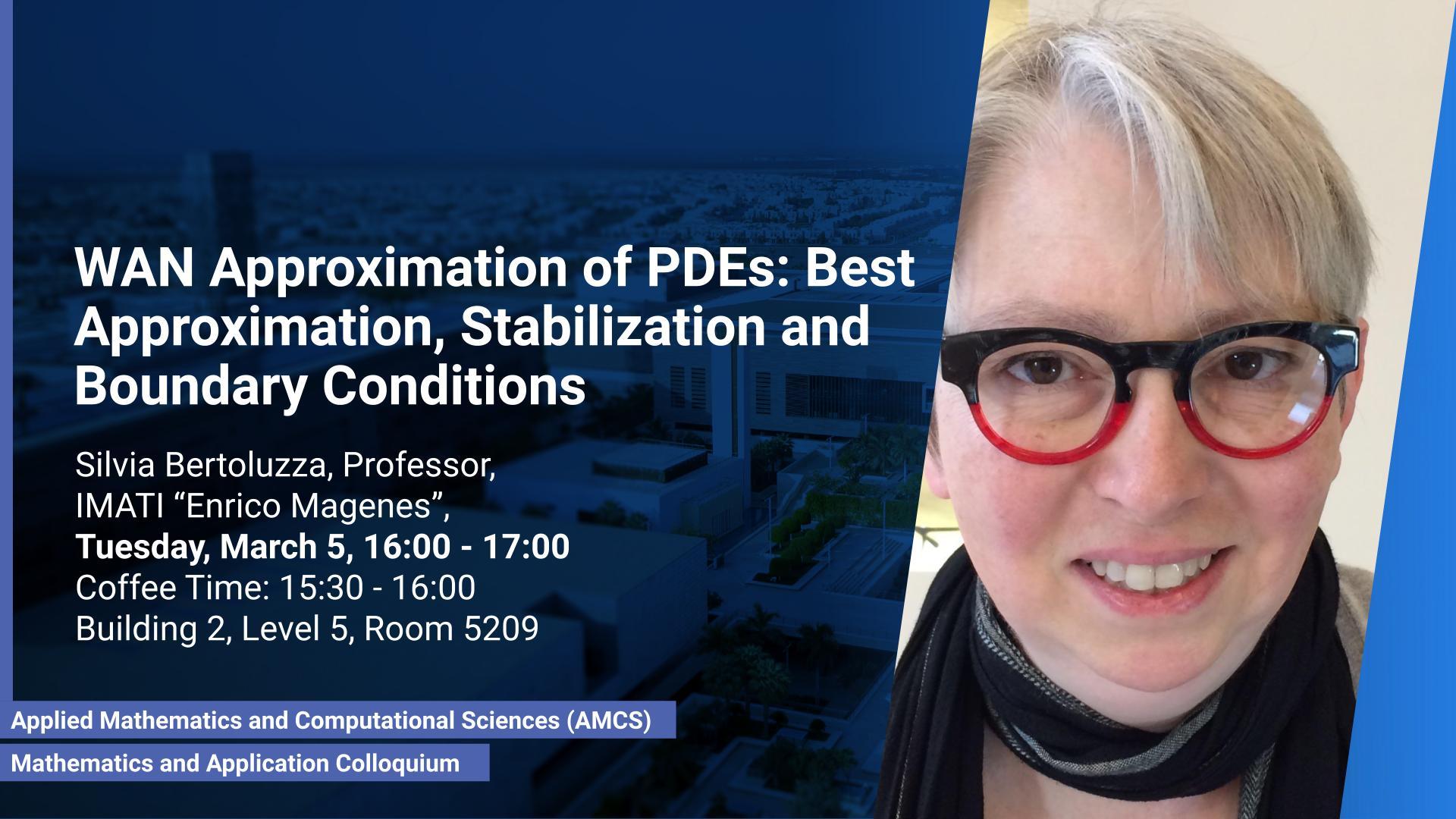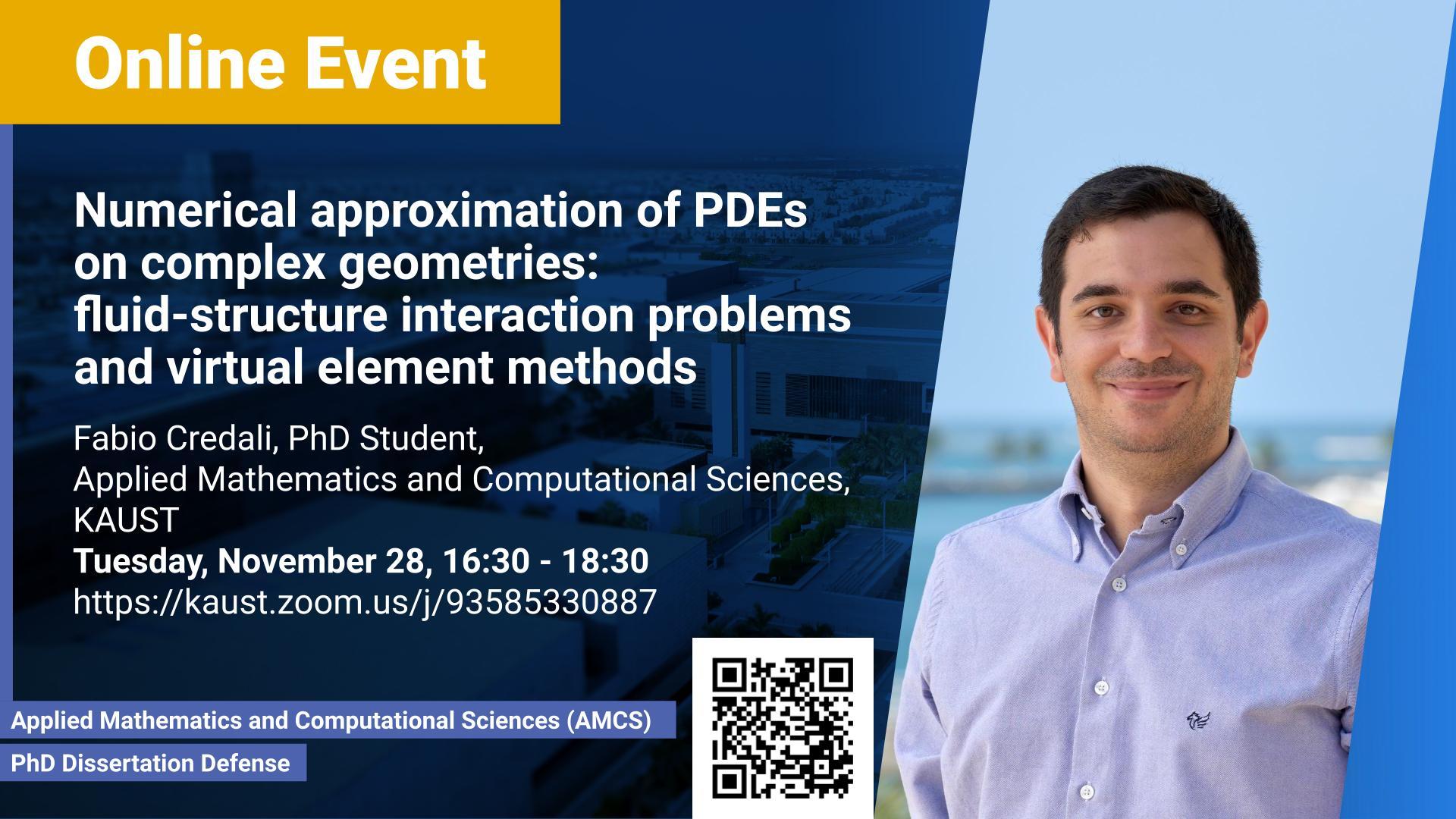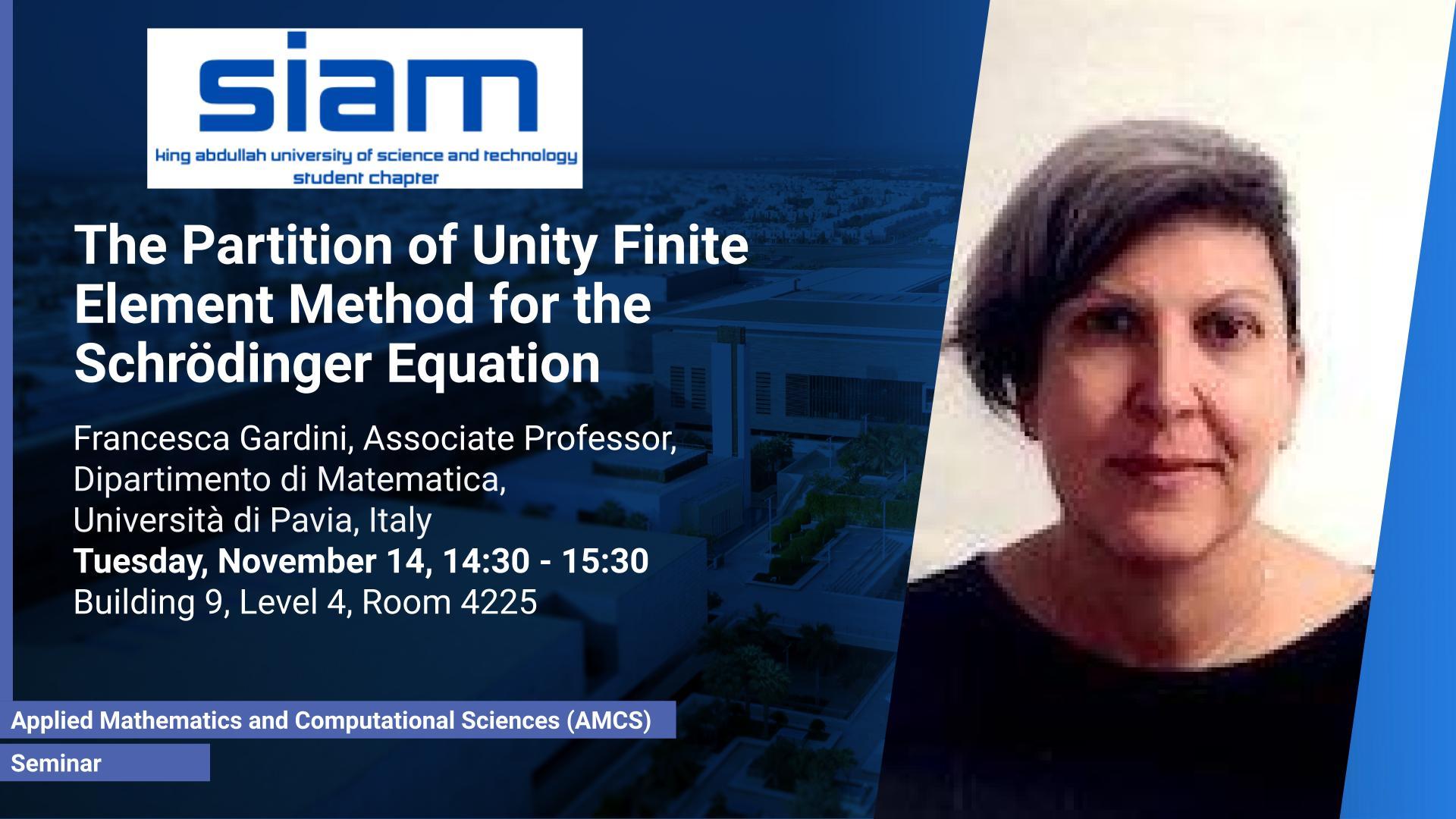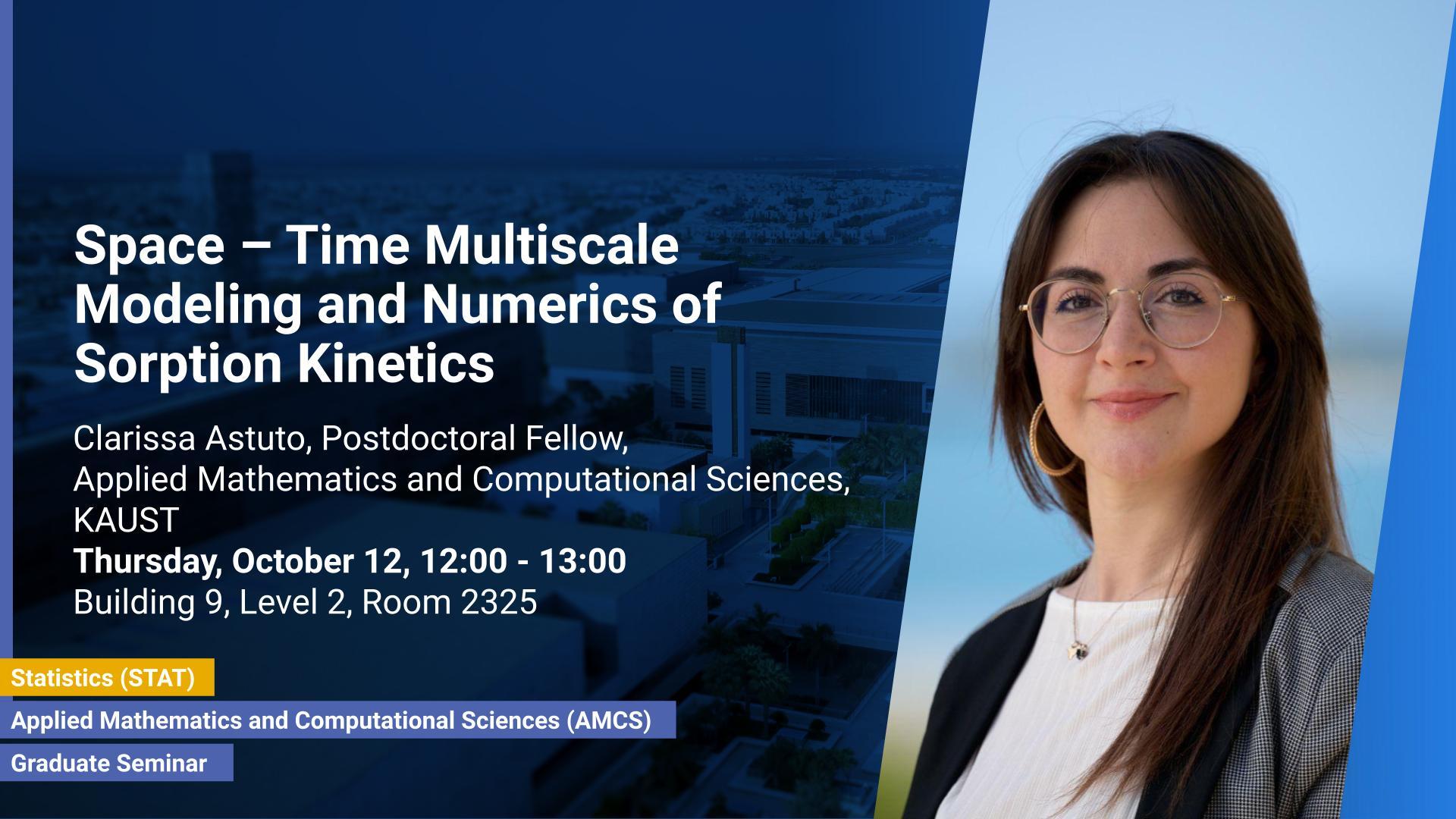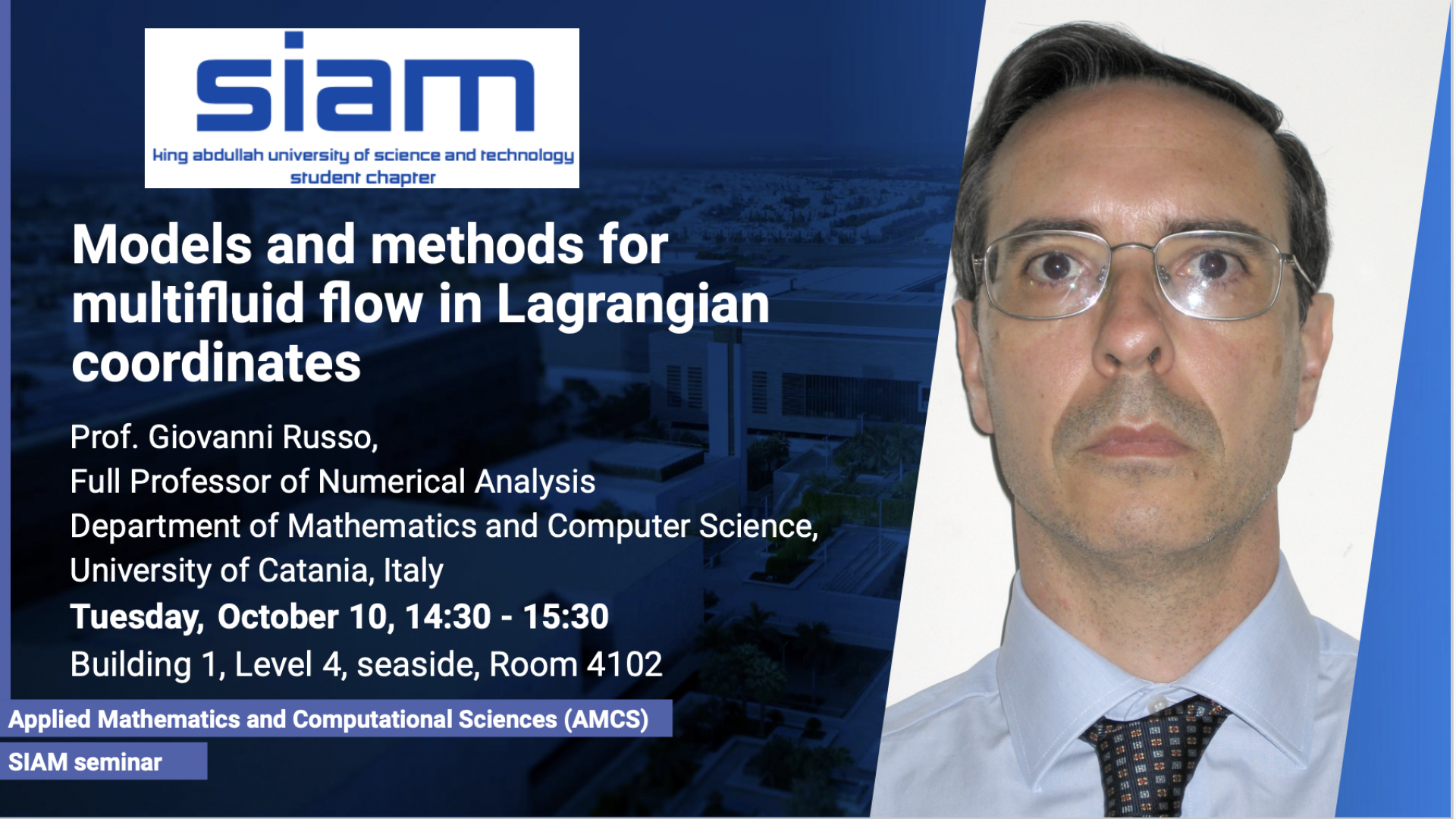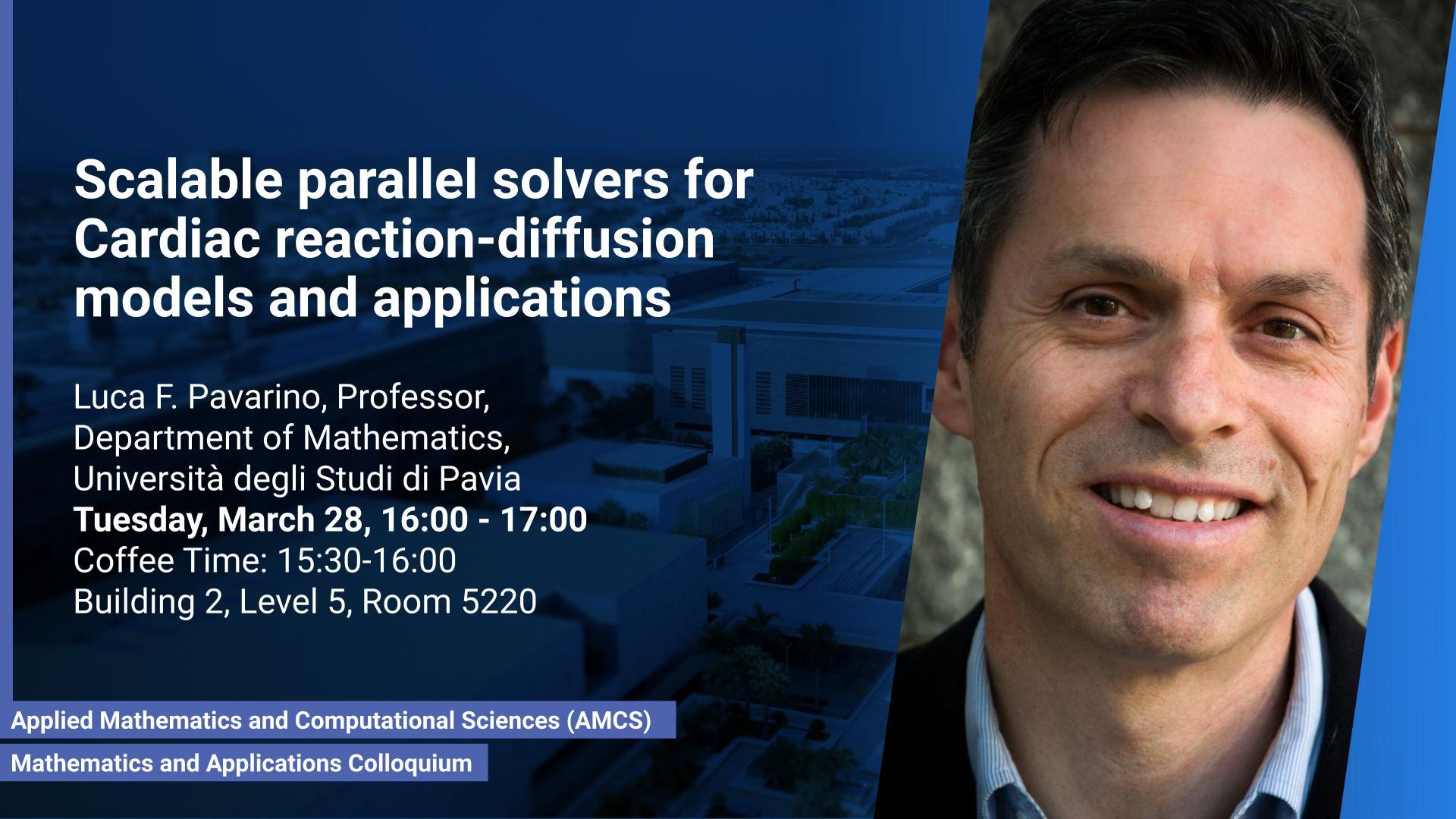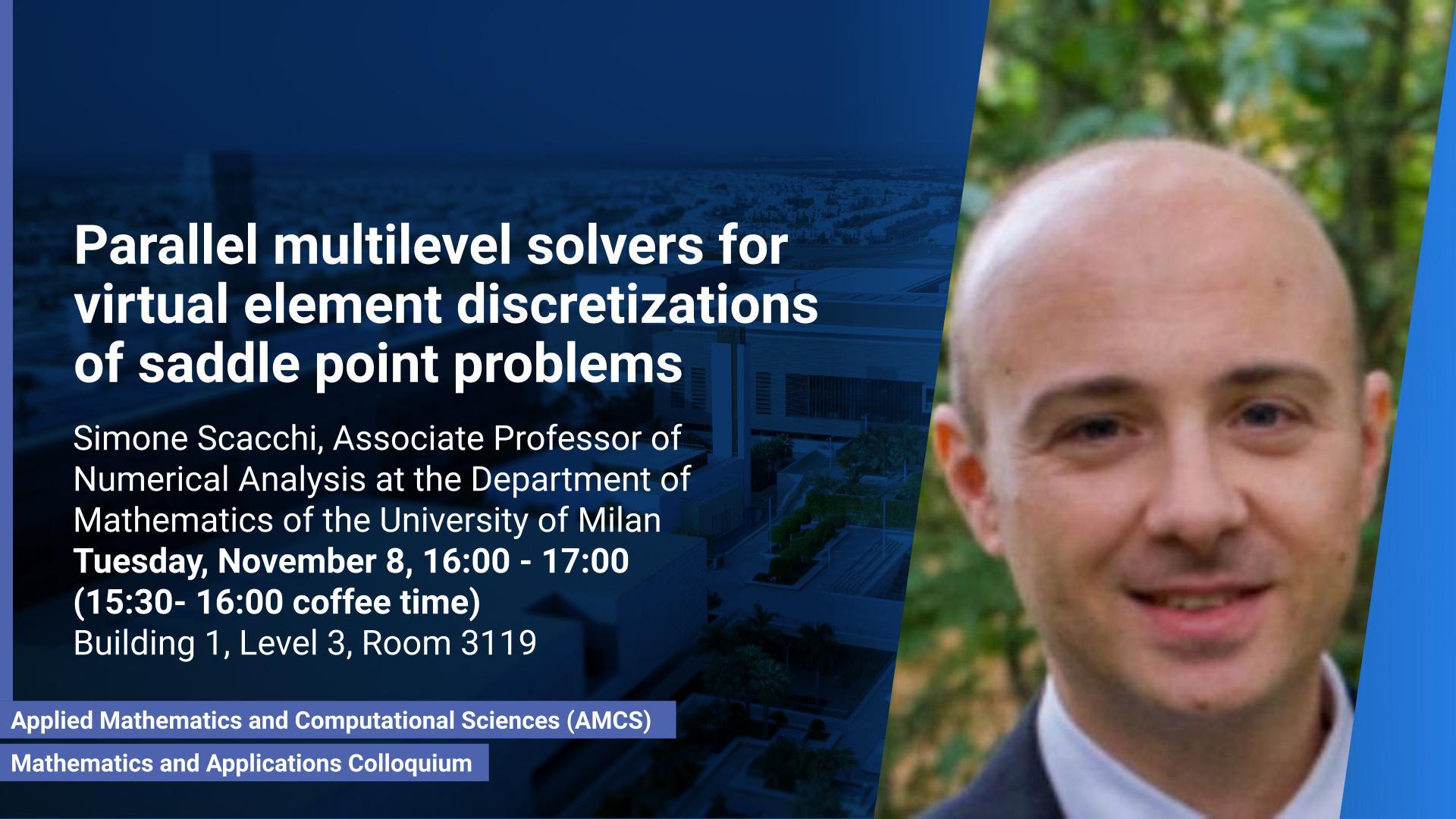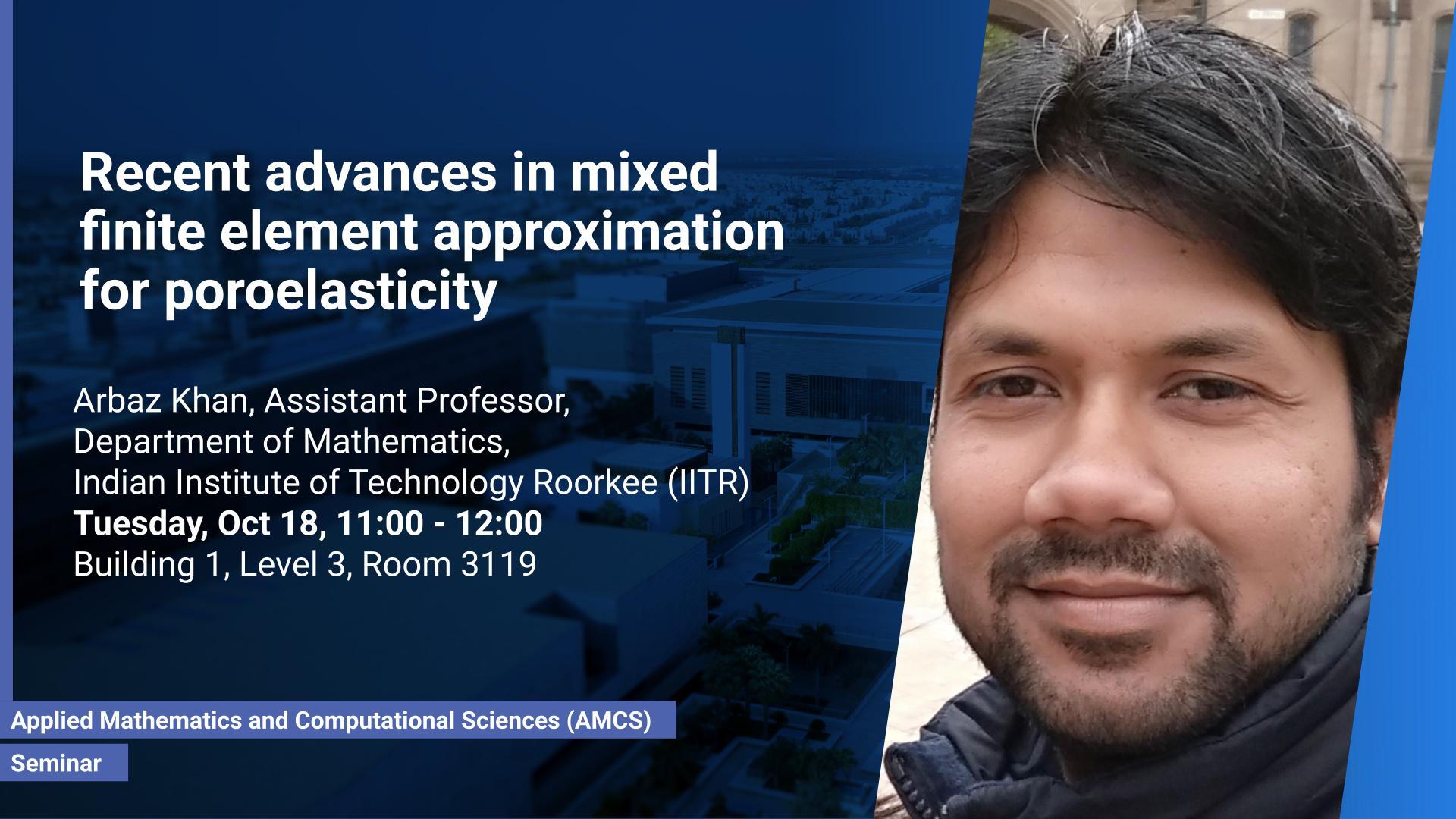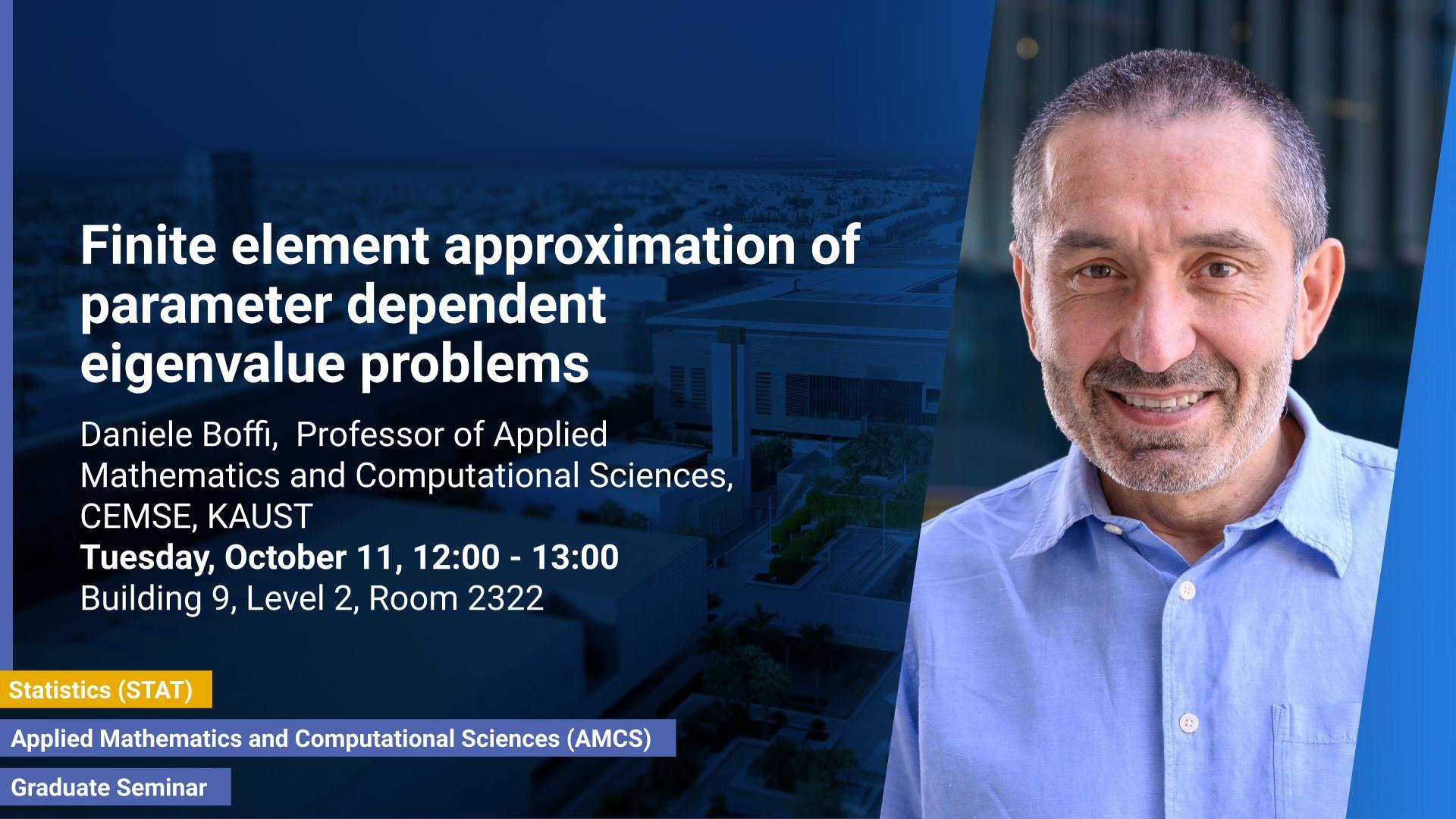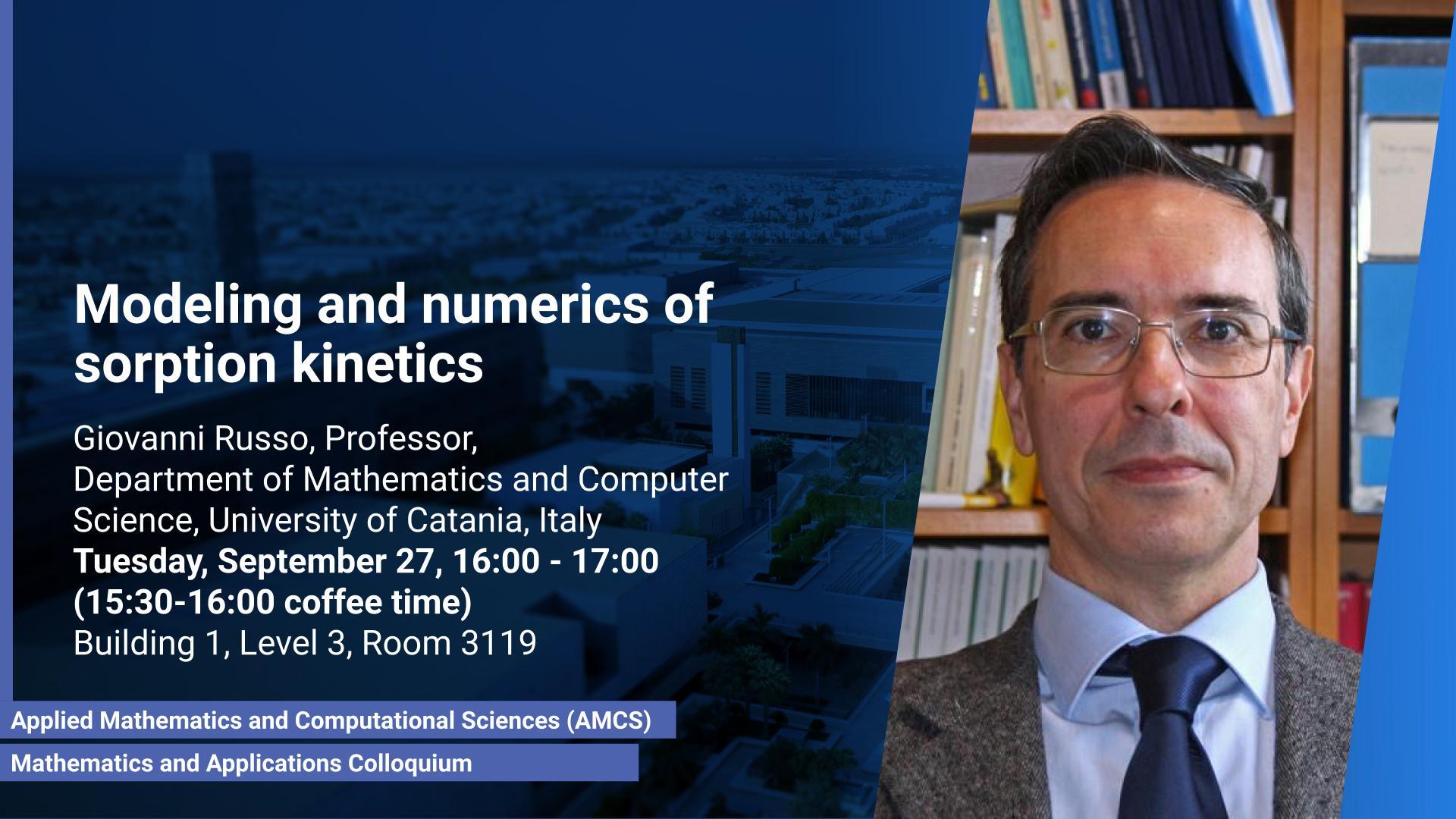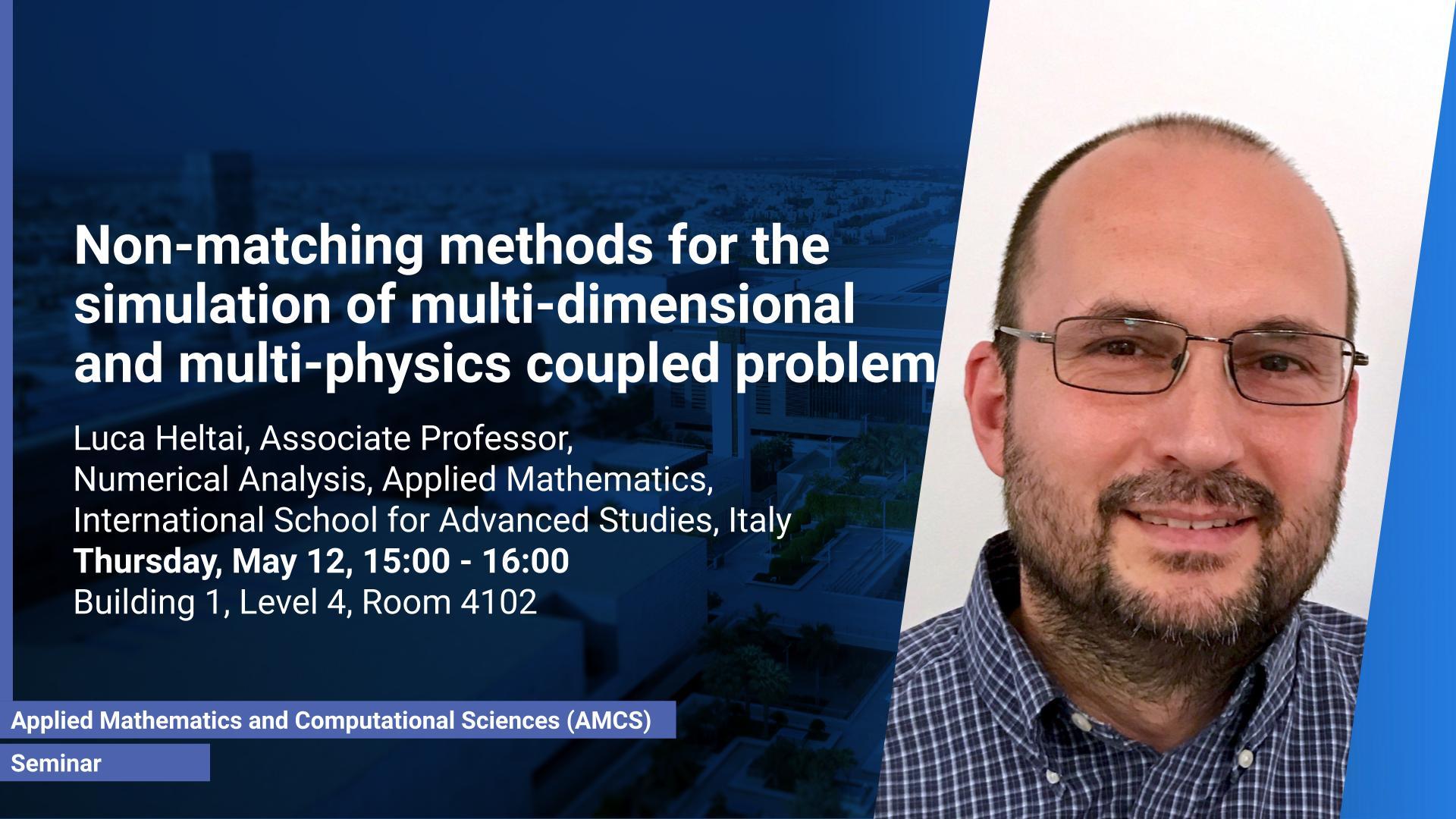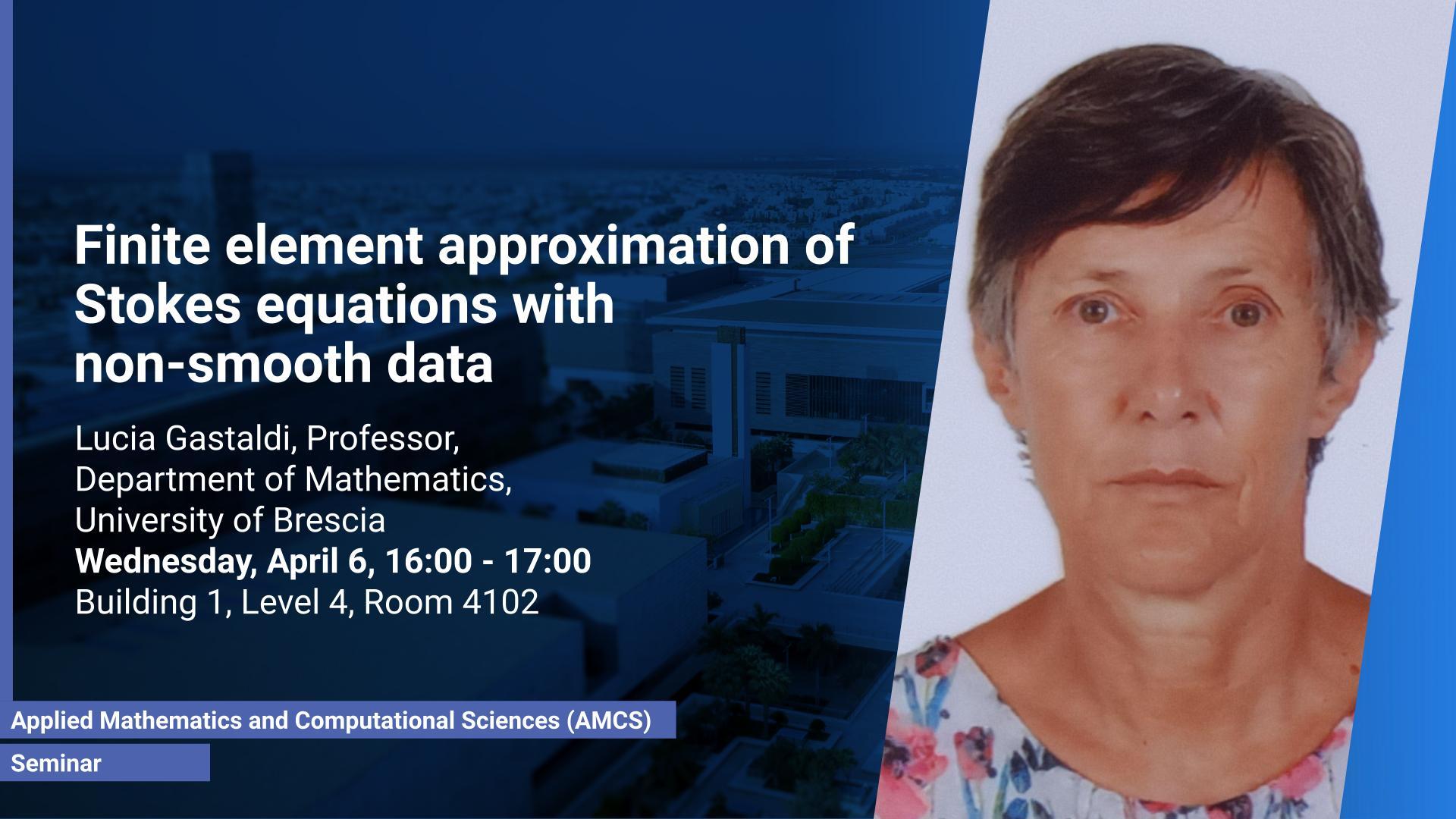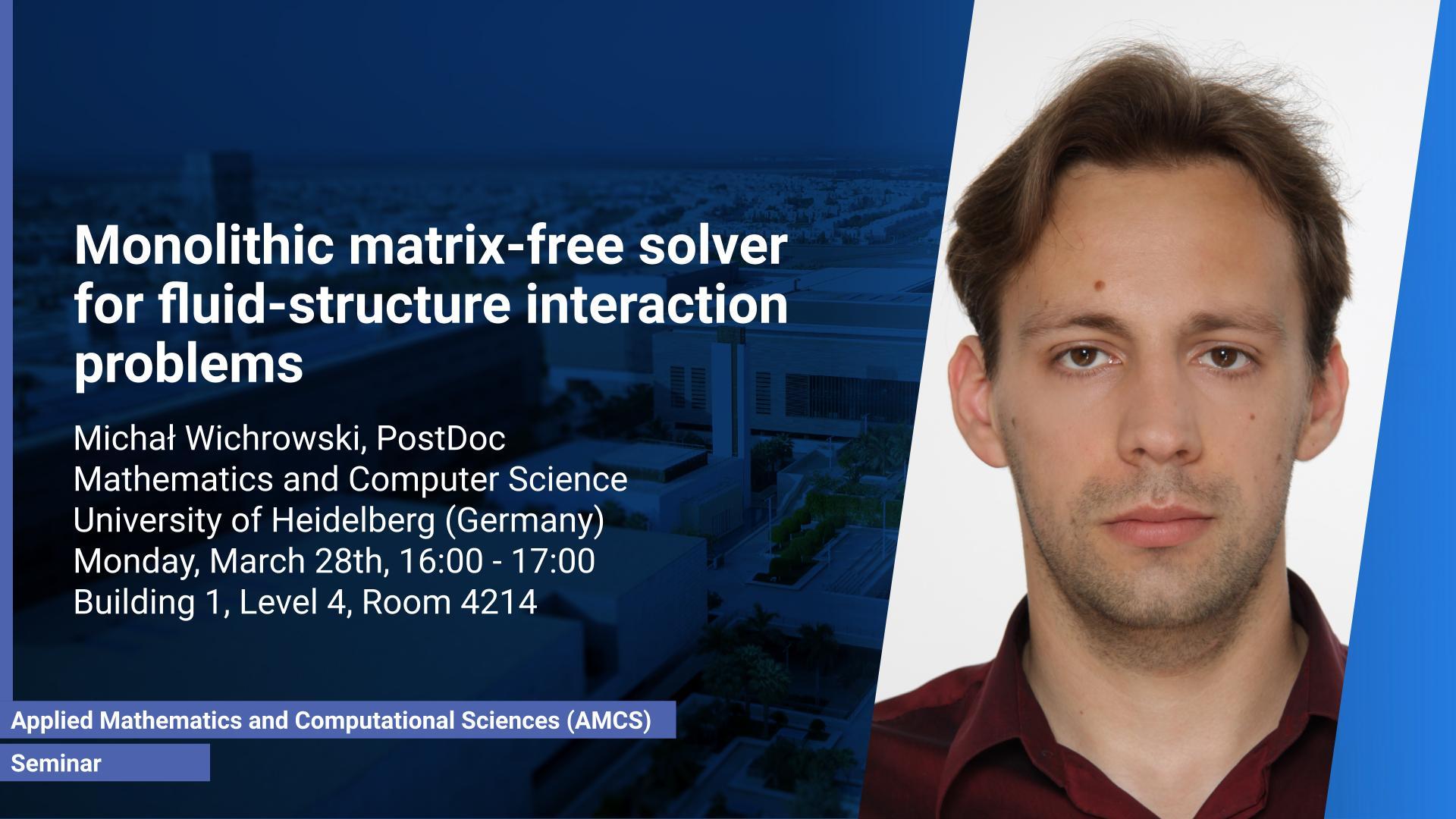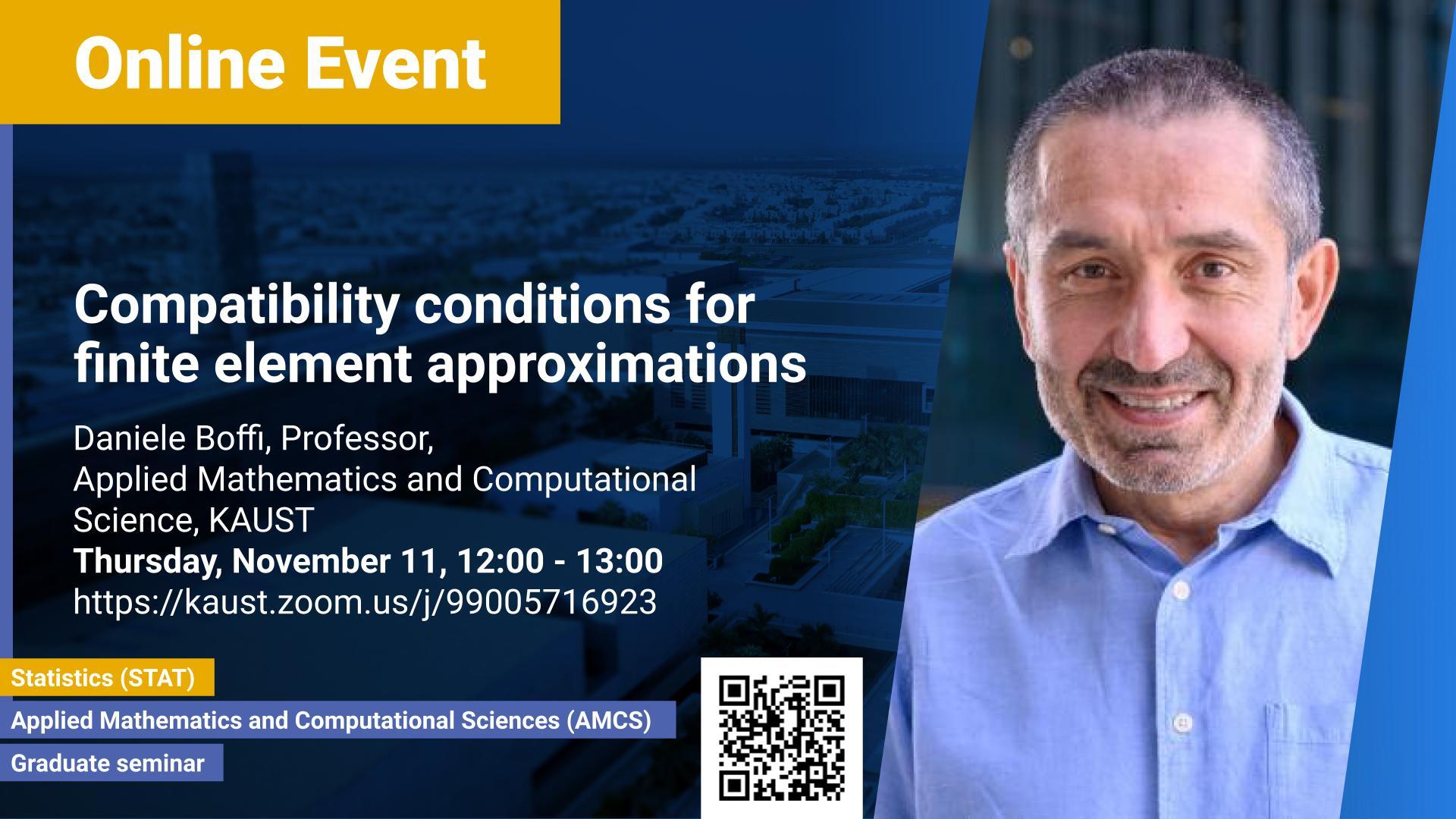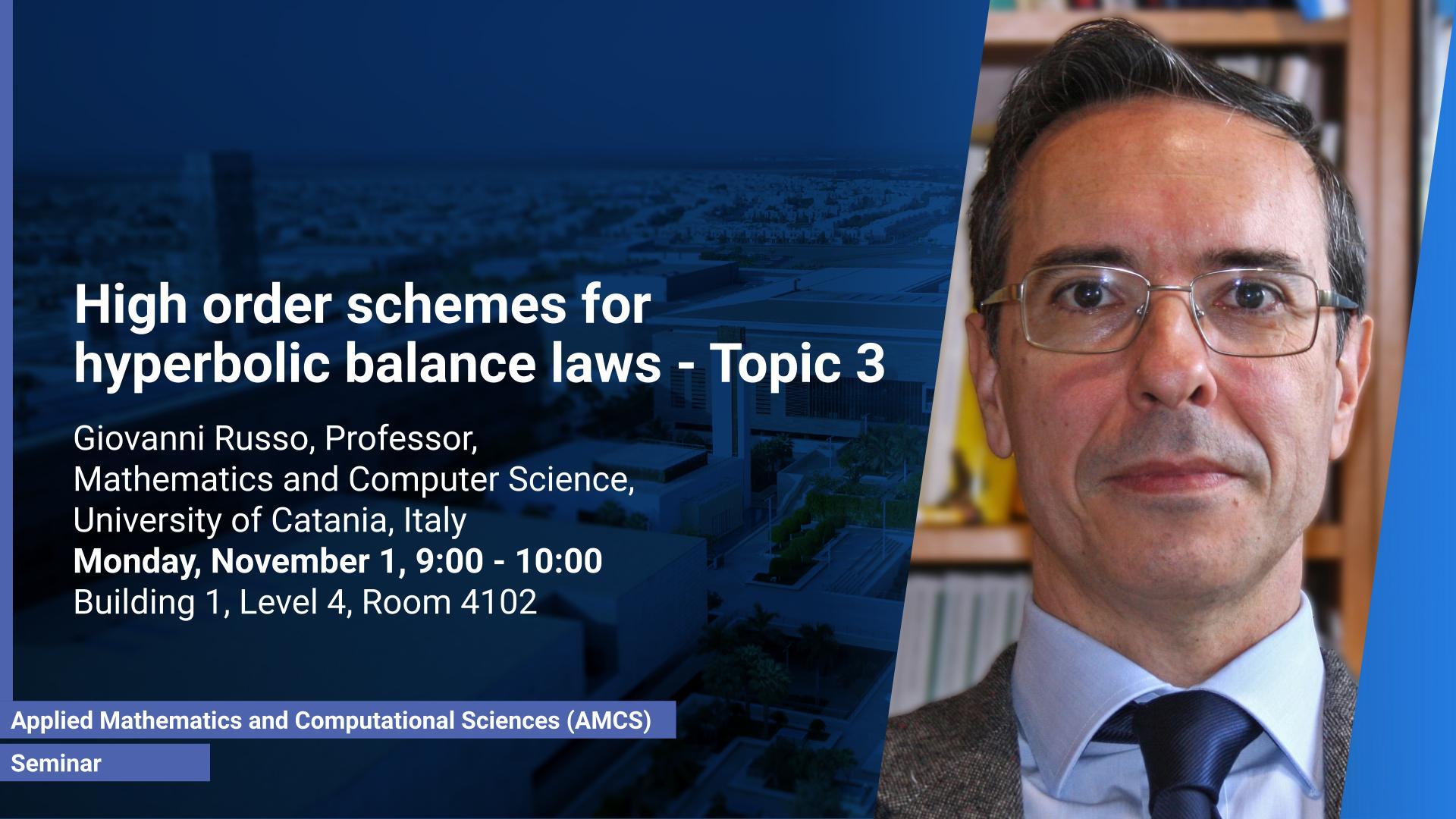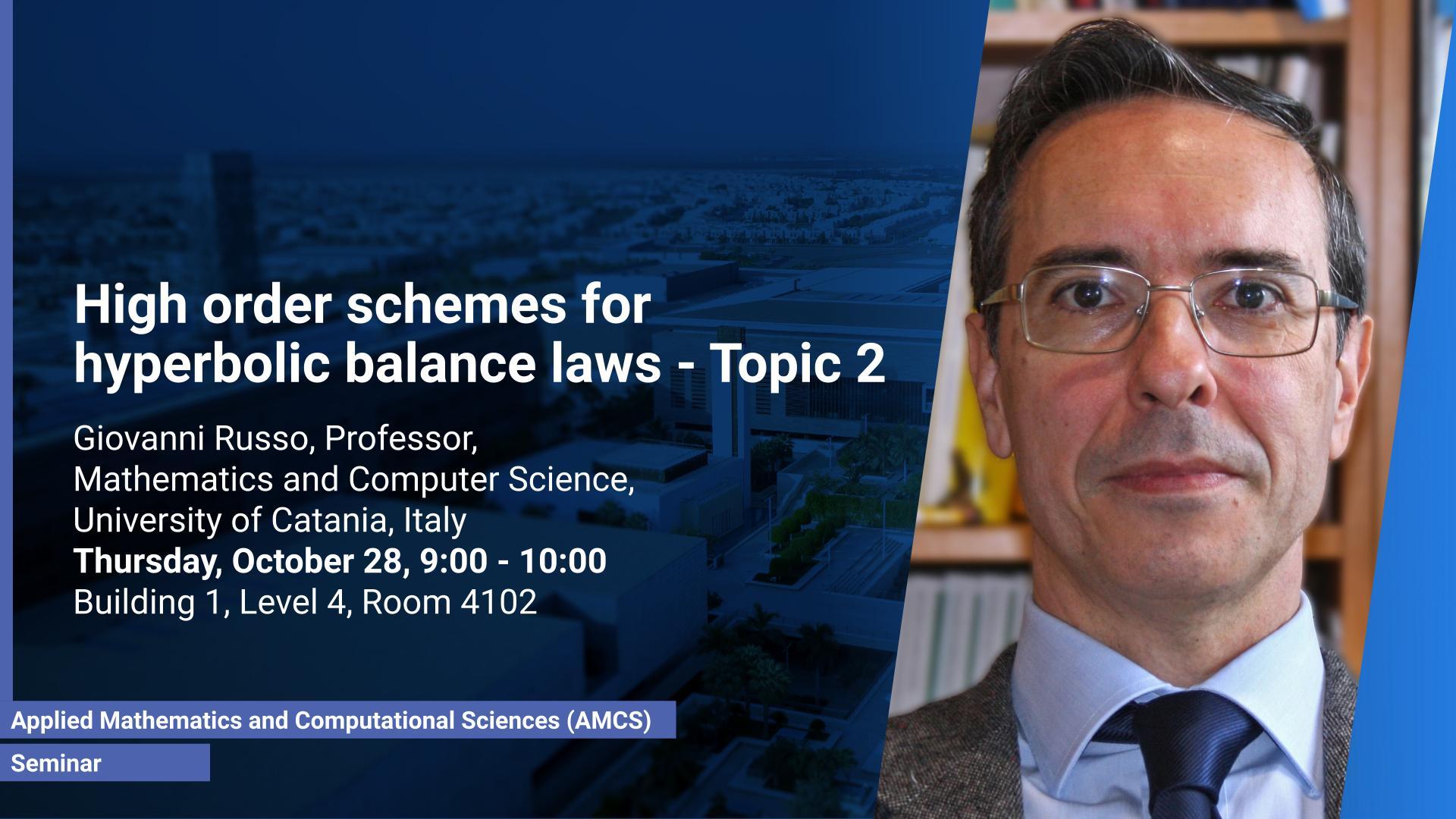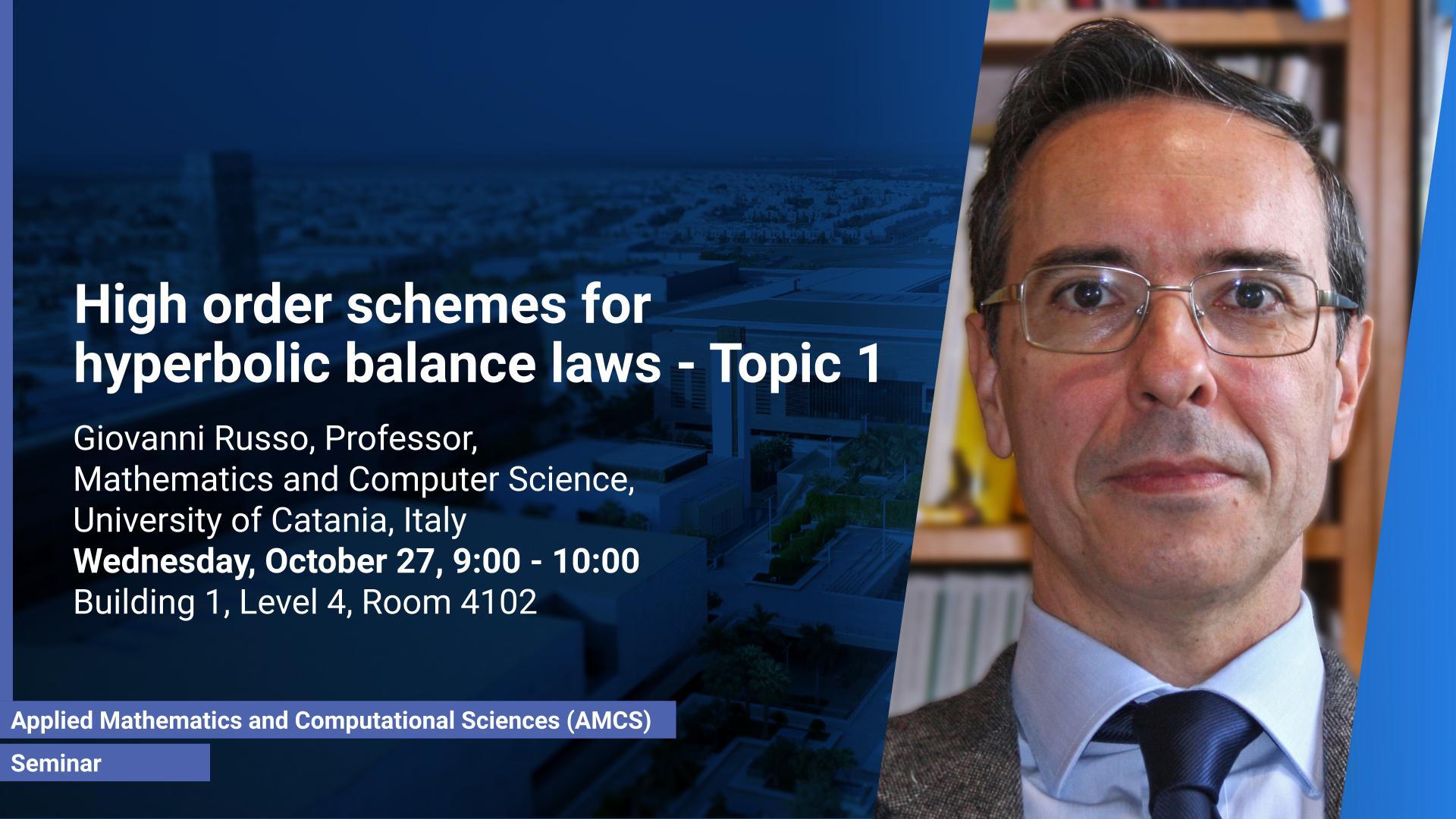Prof. Simone Scacchi, Associate Professor of Numerical Analysis at the Department of Mathematics of the University of Milan
Tuesday, November 08, 2022, 15:30
- 17:00
Building 1, Level 3, Room 3119
In this seminar, we will present our work on Virtual Element Method (VEM) approximations. The Virtual Element Method is a recent numerical technique for solving partial differential equations on computational grids constituted by polygonal or polyhedral elements of very general shape. This work aims to develop effective linear solvers for general order VEM approximations of three-dimensional scalar elliptic equations in mixed form and Stokes equations. To this end, we consider block algebraic multigrid preconditioners and balancing domain decomposition by constraints (BDDC) preconditioners. The latter allows us to use conjugate gradient iterations, albeit the algebraic linear systems arising from the discretization of the differential problems are indefinite, ill-conditioned, and of saddle point nature.
